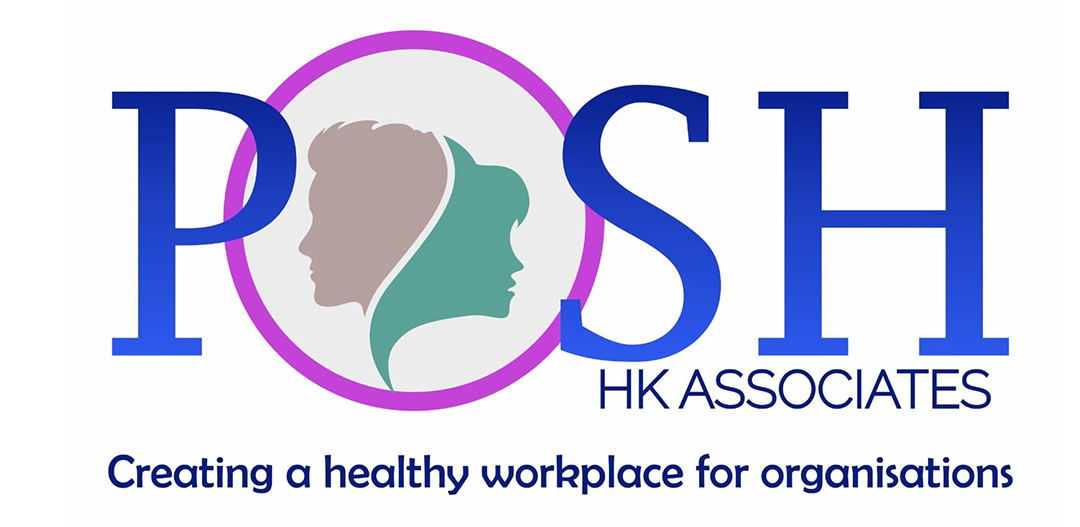- heena@hkassociates.co.in
- +91-99719-49000
POSH FAQs for HR professionals
POSH is a law that ensures a safe, harassment-free workplace, promoting legal compliance and a respectful environment.
Any employee or visitor who experiences sexual harassment at the workplace can file a complaint.
Sexual harassment includes any unwelcome physical, verbal, or non-verbal conduct of a sexual nature.
The ICC handles sexual harassment complaints by investigating, ensuring fairness, and recommending actions.
The organization should ensure confidentiality, investigate impartially, and take corrective actions based on findings.
HR should implement clear policies, conduct regular training, and create a zero-tolerance environment towards harassment.
Non-compliance can result in legal penalties, fines, and reputational damage.
Yes, all employees must undergo regular POSH awareness training as mandated by the law.
A POSH policy should define harassment, explain reporting procedures, and outline the disciplinary actions for violations.
HR should provide emotional support, ensure confidentiality, and guide the complainant through the process.
While not mandated, some organizations allow anonymous complaints to protect the complainant’s identity.
The accused may face disciplinary actions like suspension or termination, based on the severity of the offense.
Complaints must be filed within three months of the incident, with possible extensions under specific circumstances.
Yes, if dissatisfied with the internal process, an employee can approach external bodies like local committees or the judiciary.
POSH training helps create a respectful workplace, reduces legal risks, and ensures compliance with the law.
The employer is responsible for ensuring the implementation of POSH policies, training employees, and supporting the ICC.
Yes, external parties must follow POSH guidelines if they interact with employees in the workplace.
Yes, if the harassment is connected to the workplace or affects the employee’s work environment, the complaint can be filed.
False allegations should be treated seriously, and disciplinary action should be taken if proven, while ensuring fairness to all parties involved.
Preventive measures include establishing clear anti-harassment policies, conducting regular training, and fostering an inclusive workplace culture.
Yes, the investigation should be impartial, confidential, and follow a structured process laid out by the ICC.
If the ICC is biased or ineffective, the organization must reconstitute the committee or seek external intervention to ensure a fair process.
The organization must ensure that the complainant is not discriminated against or retaliated against during or after the complaint process.
Yes, the complainant can withdraw the complaint, but the ICC will still investigate the matter if there is enough evidence to proceed.
The external committee can assist in resolving complaints and provide oversight if the internal committee is not functioning properly.
HR should ensure the complaint is handled with extra sensitivity, potentially involving an external body to maintain fairness and transparency.
Yes, employees found guilty can face penalties ranging from warnings to termination, depending on the severity of the offense.
Yes, POSH laws extend to virtual workplaces and remote employees, ensuring the same protections against harassment.
POSH training should be conducted at least once a year, with additional sessions as needed for new employees or specific situations.
The employee can report the complaint to an external complaints committee or seek legal counsel if they feel the internal process is unsafe or biased.
